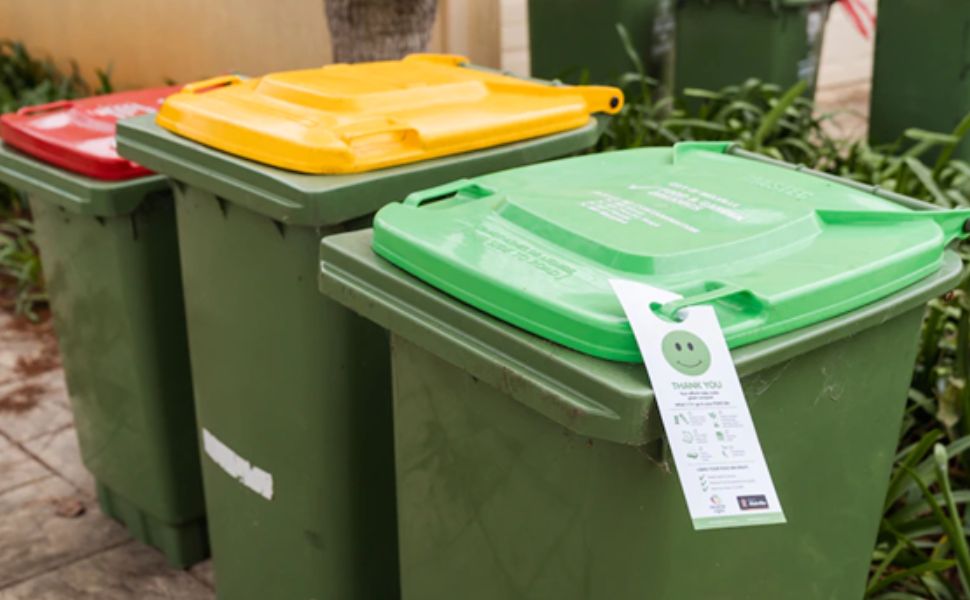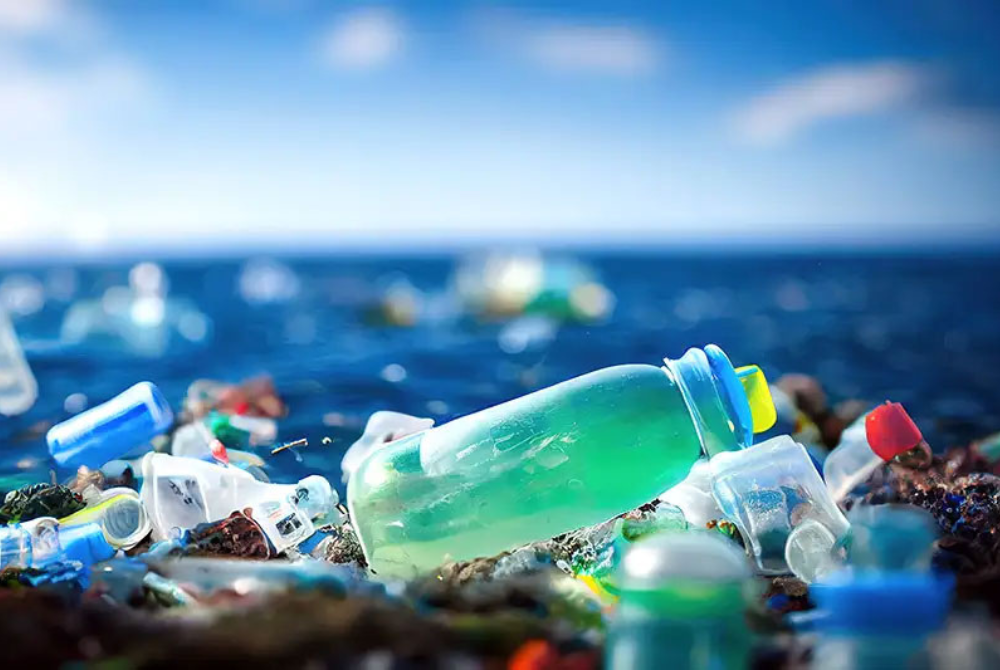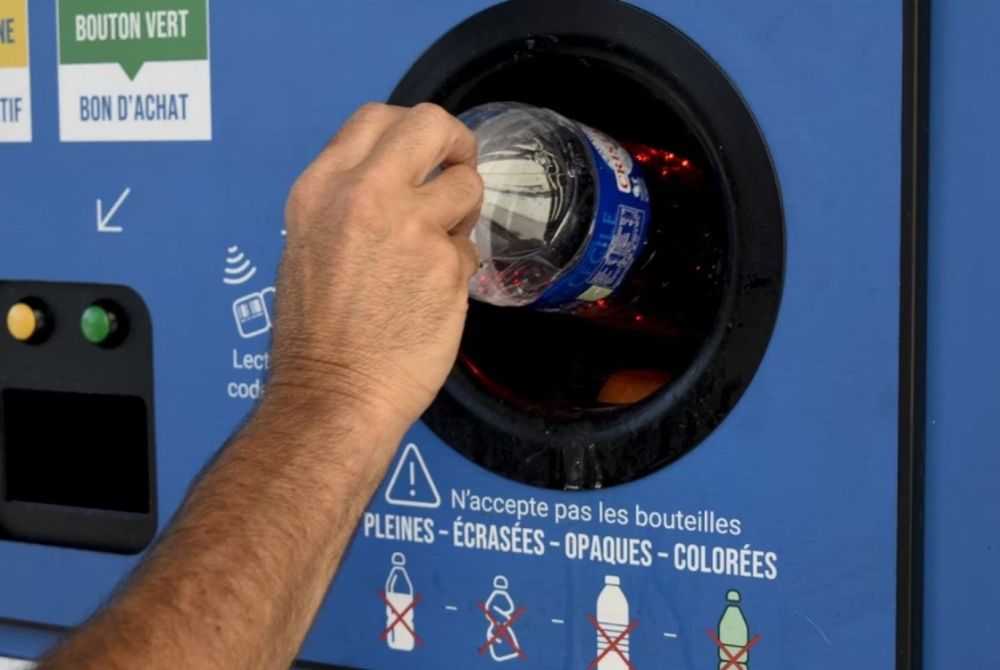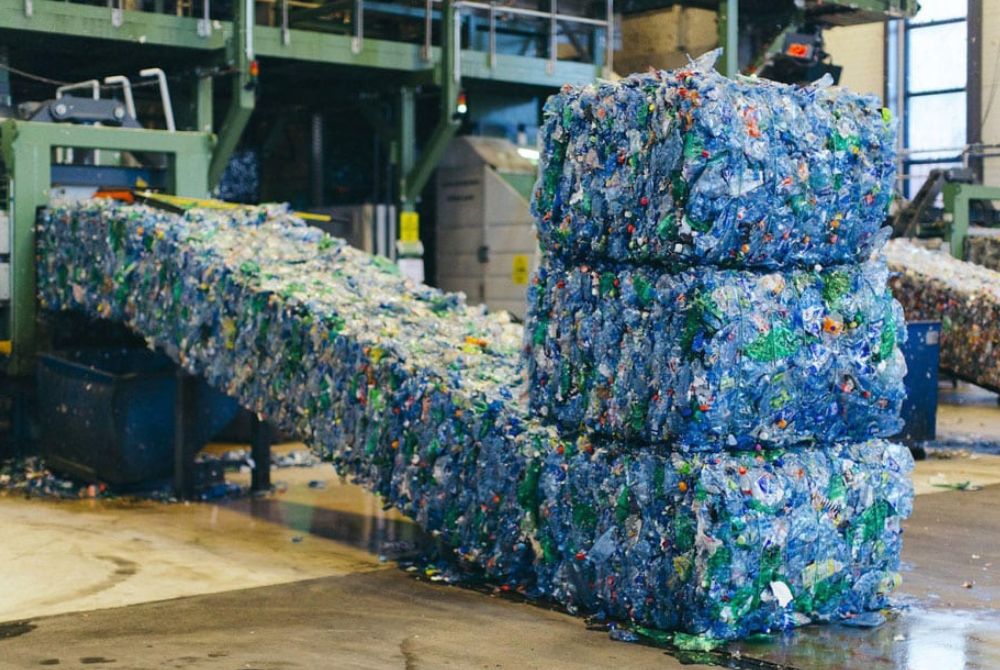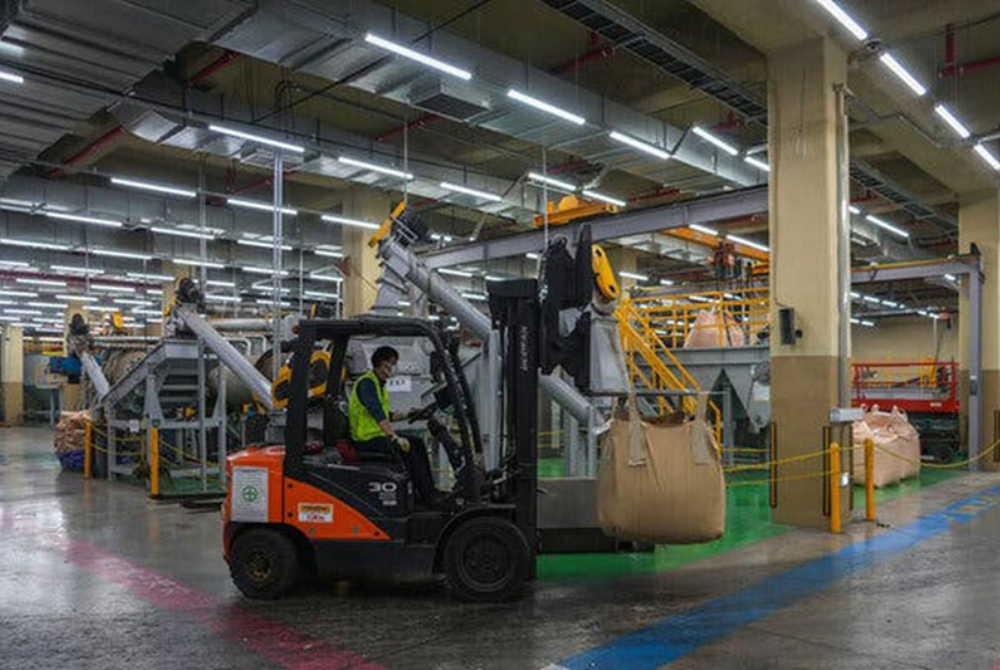Australia advances plan to increase recycling rate of organic waste
Australia's "National Waste Policy" aims to increase recycling rates from 47% to 80% by 2030, while reducing landfill waste by half.
More than half of domestic waste in Australia is organic food and garden organic matter that comes from households, known as FOGO. They make up the majority in landfills and when they rot, they release dangerous greenhouse gases. Therefore, the Australian Government has launched a "National Waste Policy" action plan.
More than half of all household waste in Australia is organic food and garden organic matter that comes from households, known as FOGO
As planned, food waste and garden waste can be captured and turned into compost. The federal government has set aside a fund to build new composting facilities and support other food and garden organic recycling projects. Meanwhile, the South Australian state government has invested in trials of weekly green collection and collection 2 times per week.
Recycling food waste into high-quality compost is a “WIN-WIN” solution for people and the planet as it can be used to improve soil quality and productivity.
Approximately 116 billion tons of organic carbon globally has been lost from agricultural land. However, compost can restore soil organic carbon, improve soil structure, and retain water.
Compost has the potential to restore 19.5 billion tons of carbon in the topsoils of cropland, equivalent to 26.5% of the current topsoil's organic carbon stock at the top 20cm. It is also a source of essential nutrients reducing the need for expensive fertilizers. Composting helps capture and store carbon in the soil instead of releasing it as carbon dioxide (CO₂) into the atmosphere.
In Australia, the recycling of organic matter - including food organic and garden organics, biosolids, and plant waste, reduces an estimated 3.8 million tonnes of CO₂ emissions to the atmosphere every year. That is equivalent to planting 5.7 million trees or removing 877,000 cars from the road.
Australian researchers estimate that global adoption of the strategy has the potential to increase cereal production by 96.3 million tonnes per year. This represents 4% of current global production and double Australia's annual grain harvest. However the proportion of food waste and garden waste is growing at a rate 6 times faster than the population of Australia and 2.5 times faster than GDP.
However, less than a third of households in Australia know about food waste collection services. It is very necessary and right to collect and recycle organic waste into high-quality compost, which can save state governments up to 4.2 million AUD per year in landfill taxes.
Source: www.vpas.vn
See more:
1. Multiplying the organic waste classification model in Duyen Thai Commune, Thuong Tin District.



